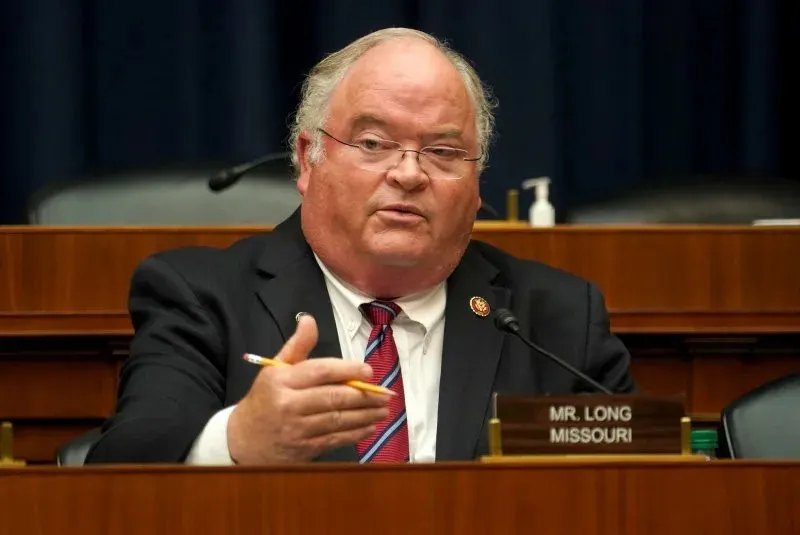A new national security directive signed by President Trump has legal experts and nonprofit organizations on high alert, fearing the IRS could be used to target political opponents.

October 3, 2025

Source:
MarketWatch
Directive Sparks Fears of Politicized IRS
A new White House directive has ignited fears that the Internal Revenue Service (IRS) could be weaponized to target nonprofit organizations for political reasons. The concern is palpable among legal experts and advocacy groups, with many preparing for potential court battles.
The sentiment, summarized by one individual's declaration, “I won’t let the government walk all over me,” captures the growing anxiety.
Understanding NSPM-7
President Donald Trump recently signed National Security Presidential Memorandum-7 (NSPM-7). The directive instructs federal agencies, including the IRS, to investigate and disrupt groups allegedly encouraging political violence.
Legal scholars and major law firms, such as Arnold & Porter and WilmerHale, have issued warnings. They interpret the directive as a move aimed at left-leaning nonprofits, potentially opening their leaders to criminal charges and reviews of their tax-exempt status for activities historically protected by the First Amendment.
Keep up with the story. Subscribe to the PR+ free daily newsletter

Source:
Yahoo / United Press International
Leadership Changes and Political Pressure
Recent shake-ups at the IRS have amplified concerns about the agency's independence. The administration's moves suggest a tightening of executive control over its operations.
A New Direction at the IRS
Treasury Secretary Scott Bessent has taken the helm as acting IRS commissioner after the president abruptly fired his predecessor. This was followed by the dismissal of several senior IRS executives.
Bessent is expected to aggressively pursue the president’s priorities. He has previously voiced support for stripping the tax-exempt status of institutions perceived as political adversaries.
Constitutional Boundaries Tested
There are legal limits on a president's power to direct IRS enforcement. However, legal experts note that broad directives can create pretexts for audits and investigations that achieve political goals without a direct order.
The directive avoids naming specific organizations, instead targeting a category of activity.
This approach raises significant questions about administrative overreach and the separation of powers.
Federal courts are already reviewing the legitimacy of various executive orders from the administration.
Read More

Source:
MarketWatch
Share this news:




















